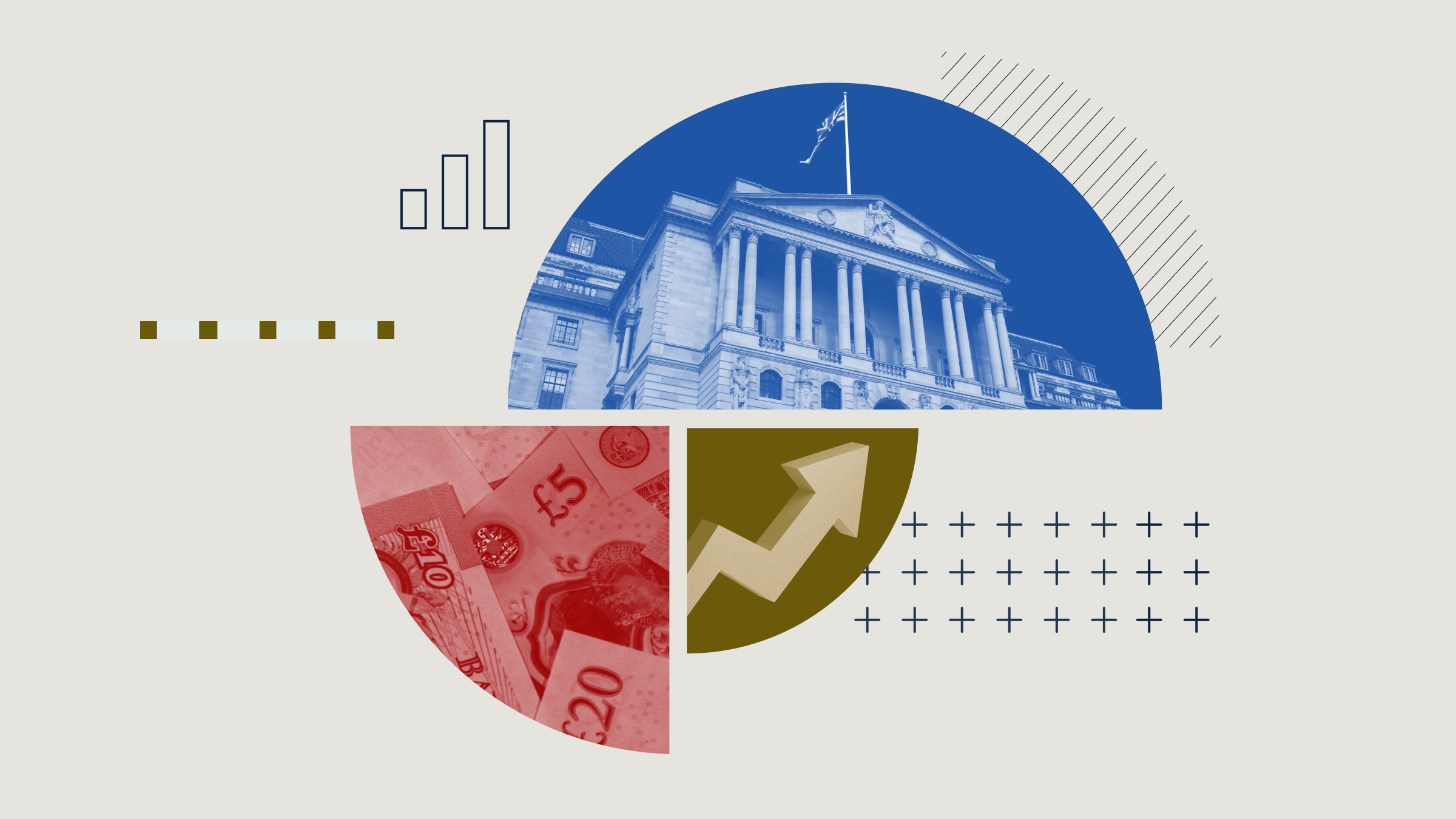
It’s unfortunate timing really for Alexander Darwall to announce his departure from Jupiter to set up his own outfit.
After 24 years with the group, it’s not surprising that the manager wants a new challenge and is looking to fulfil a long-term ambition of setting up his own firm. But it comes at a time when the very notion of star fund managers is being called into question, especially those who go it alone.
Usually when a manager with a long, strong track record strikes out on their own there is much fanfare from the industry. There is immediate speculation about what they might do differently, whether loyal investors will follow the manager to their new product, and which best buy lists the new offering may appear on. It happened when Julie Dean launched Sanditon, when Richard Pease set up Crux and, of course, when Neil Woodford set up Woodford Investment Management.
I can understand why a manager would want to fly solo. Maybe their investment strategy is compromised by a house view or an over-zealous compliance team. Perhaps they have a vision of greater transparency or lower costs.
But running a fund is very different to running a business, and you have to wonder how many of these solo projects are driven by investment dreams and how much is just vanity.
Certainly the performance of these managers seems to take a hit when they go it alone - is that coincidence, a sign they're distracted by the stresses of running a business, or that they are missing the significant resources they had at their previous firms?
Putting your name above the door, as we have seen, puts your entire reputation at risk. And those who do so may find they don’t create the lasting legacy they hoped to.
The Dangers of Dividends
Our “Top Dividend Paying Stocks” articles are always a big hit with readers, but the latest update of FTSE companies with the highest yields makes for quite alarming reading.
Bonmarche shares are yielding 66%, Kier Group 47%, and Plus500 almost 29%. These numbers are absolutely bonkers and should be a major red flag to any investor – no matter how desperately they are seeking income.
These frighteningly high yields are the result of profit warnings, takeover battles and threats of de-listings. The list of yields should be a reminder to any investor that this is a dangerous way to pick your portfolio. Look at dividend cover, consider net debt, or check whether a company has a strong Economic Moat – because, really, do you think any company can afford a 66% pay out?
Keep Putting the Pressure On
It feels as though we are at a turning point in ESG investing. Companies that have previously talked a good talk on the subject, now seem to be starting to walk the walk.
This week, National Trust announced plans to divest from its investments in fossil fuels. Frankly, I was surprised to hear it hadn't done so already. This is, after all, an organisation dedicated to heritage and natural beauty.
Turns out it has around £40 million invested in firms which take 10% or less of their earnings from oil production or related activities. But now the Trust’s chief financial officer has said oil giants are not making big enough inroads into renewable energy.
More and more, investors are starting to take ESG seriously and not just as a tick box exercise, and that means companies must do the same or risk being shunned. I love hearing about firms’ plans - Adidas, for example, has pledged to make 11 million trainers from recycled ocean plastic this year alone.
The more investors put the pressure on firms to take ESG seriously, the more fund managers will do the same, and companies will be forced to change and innovate for the better.





























